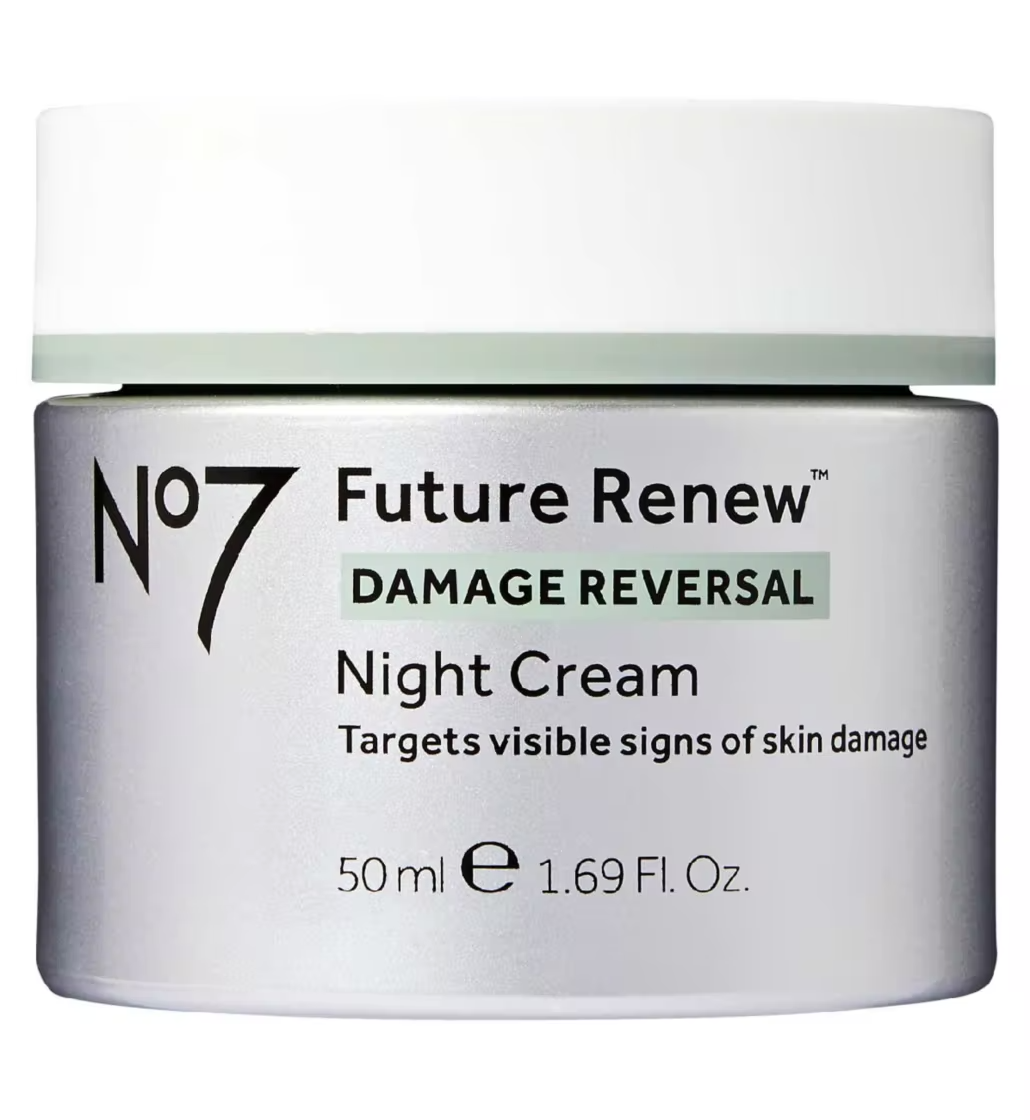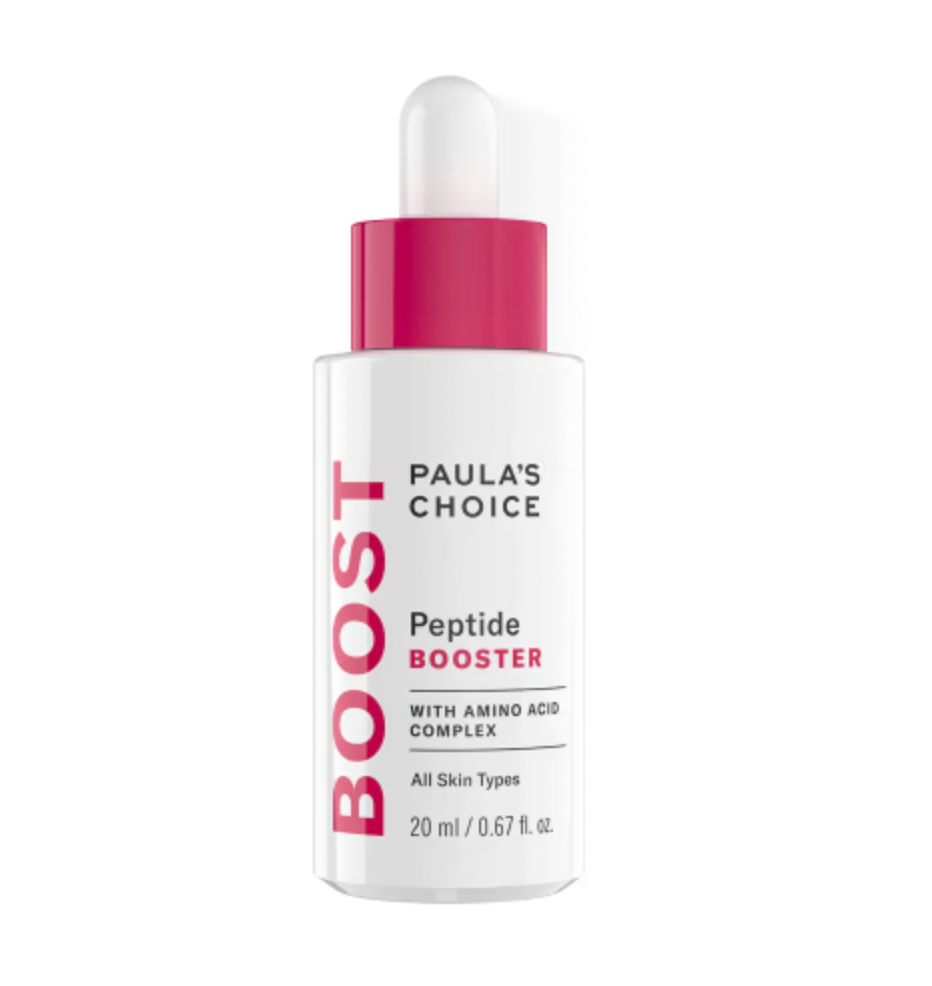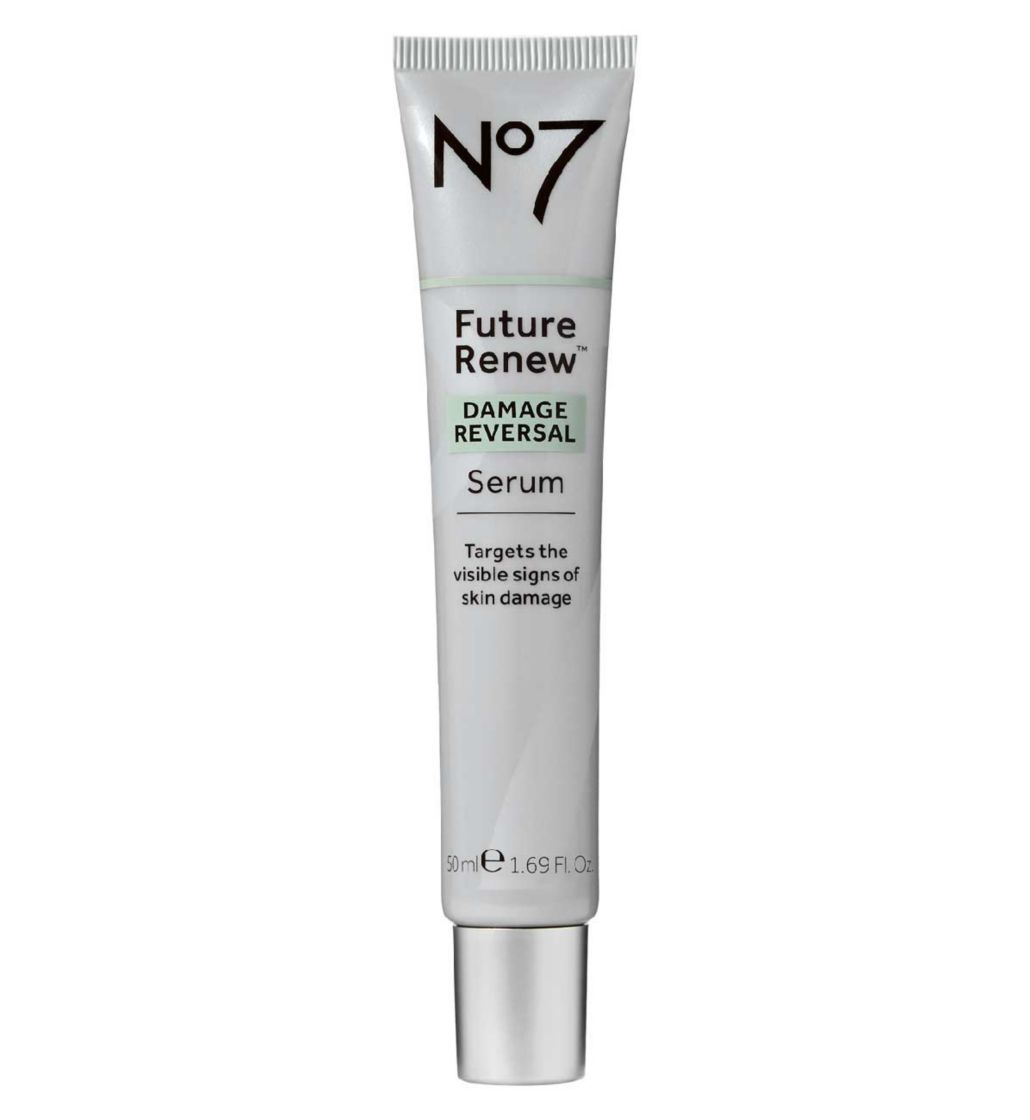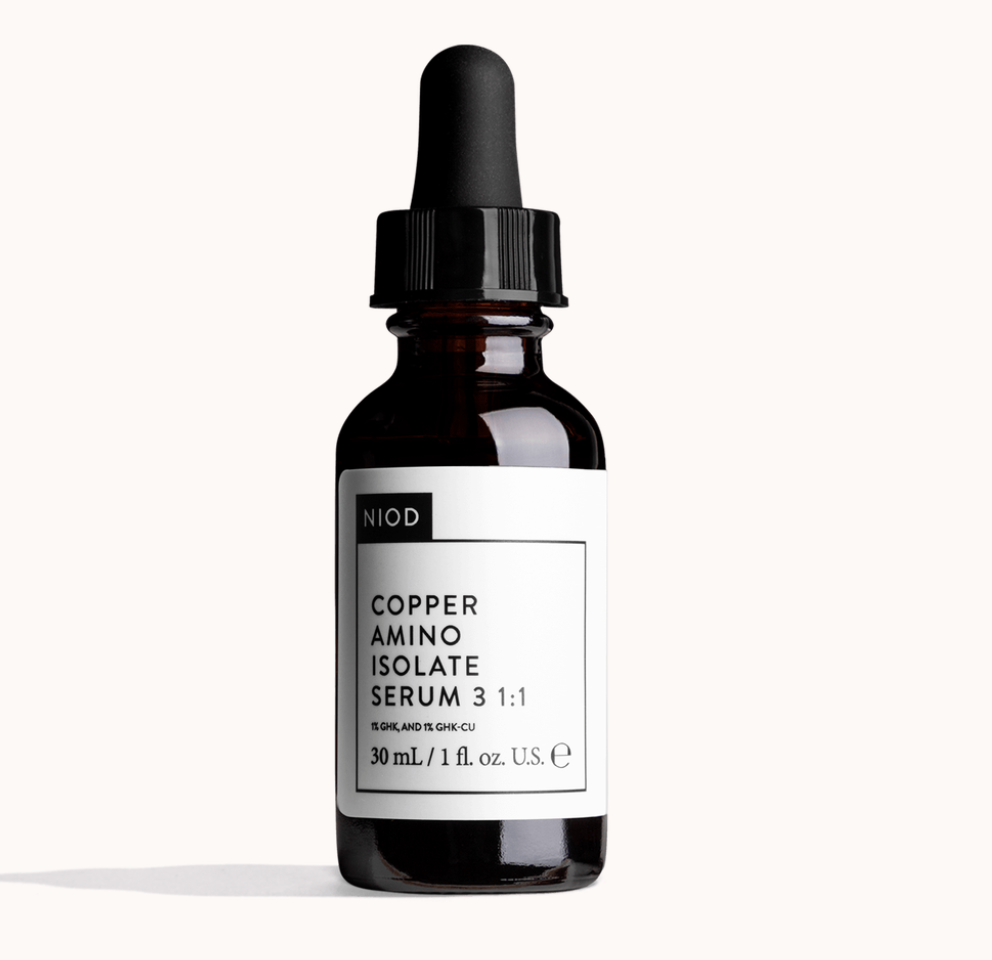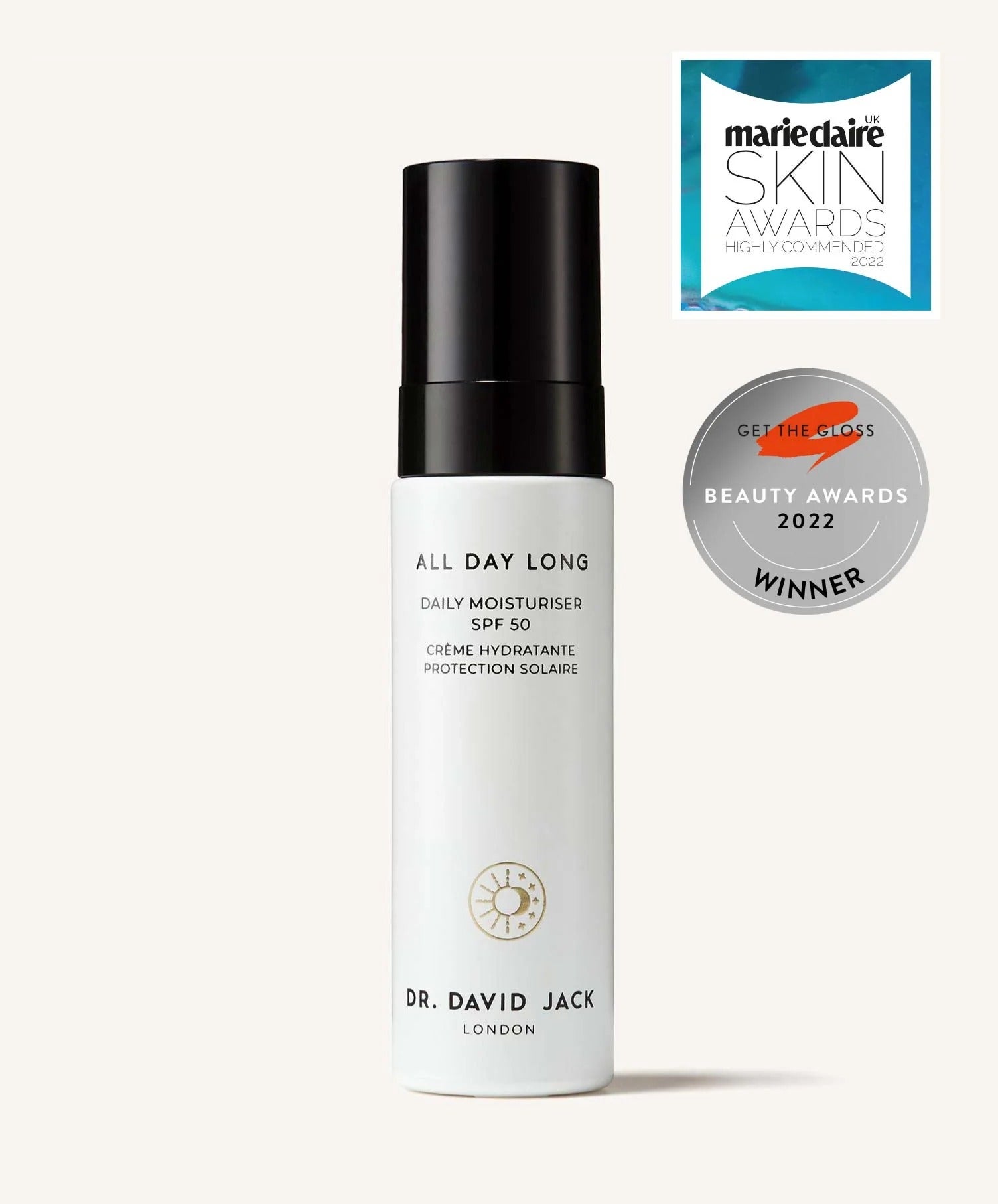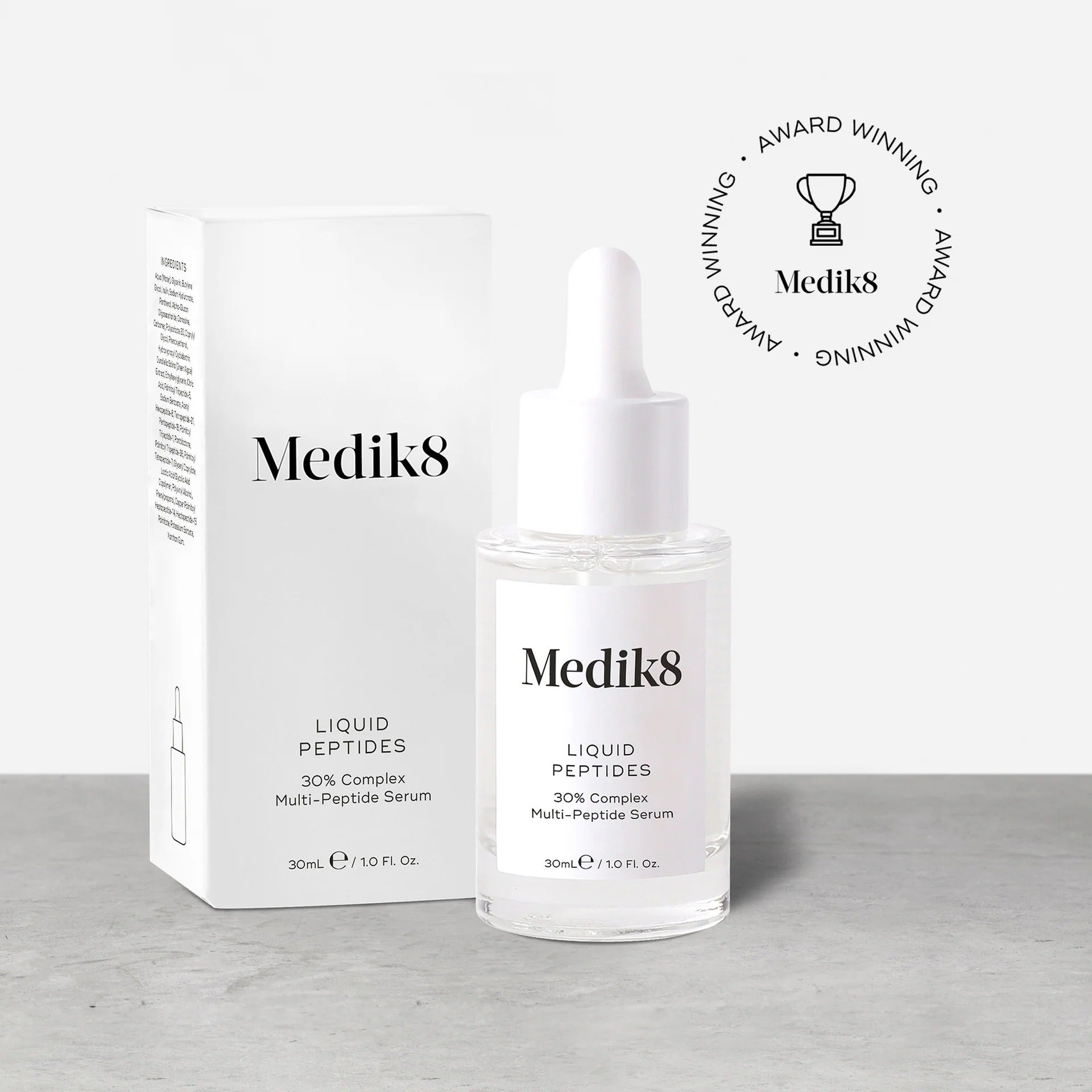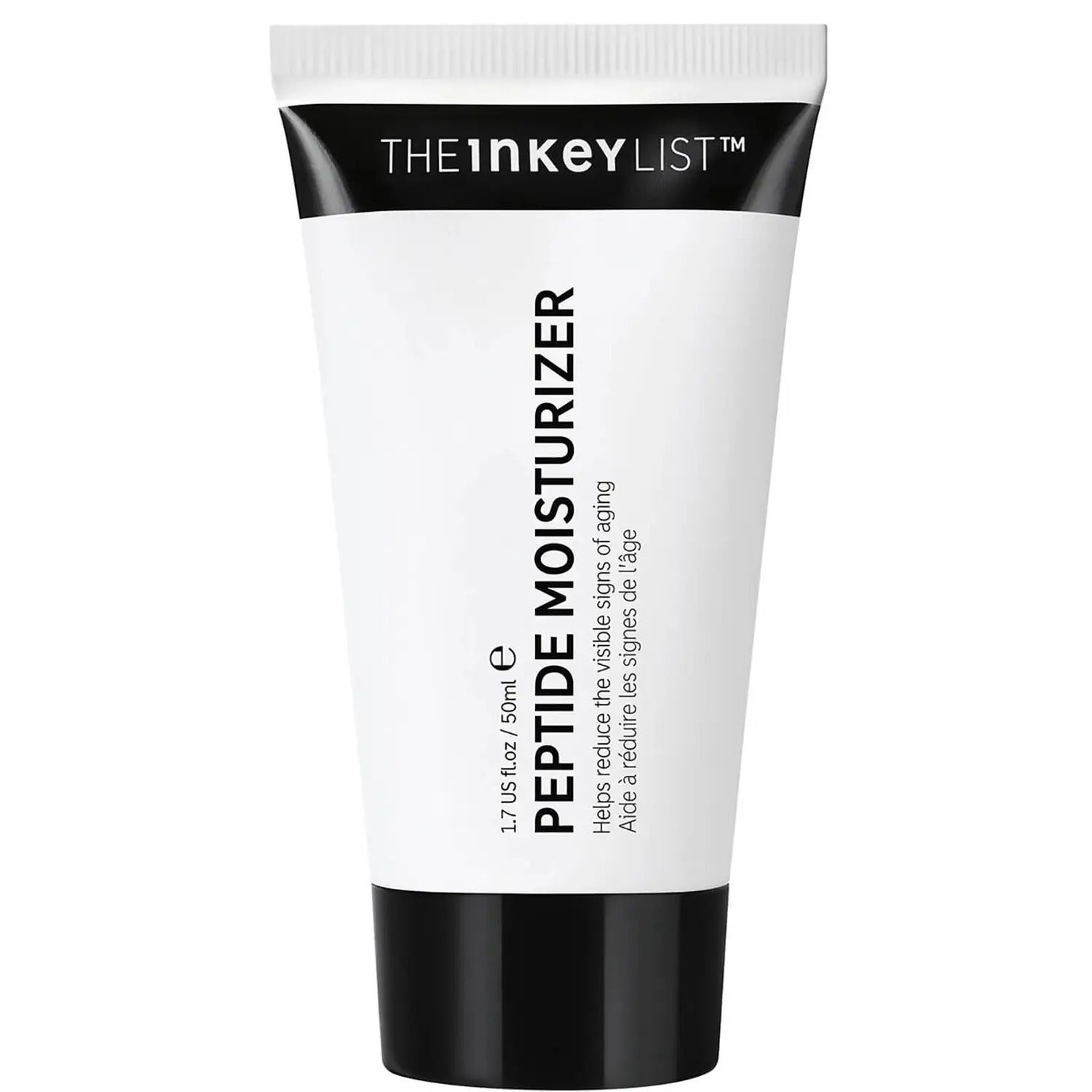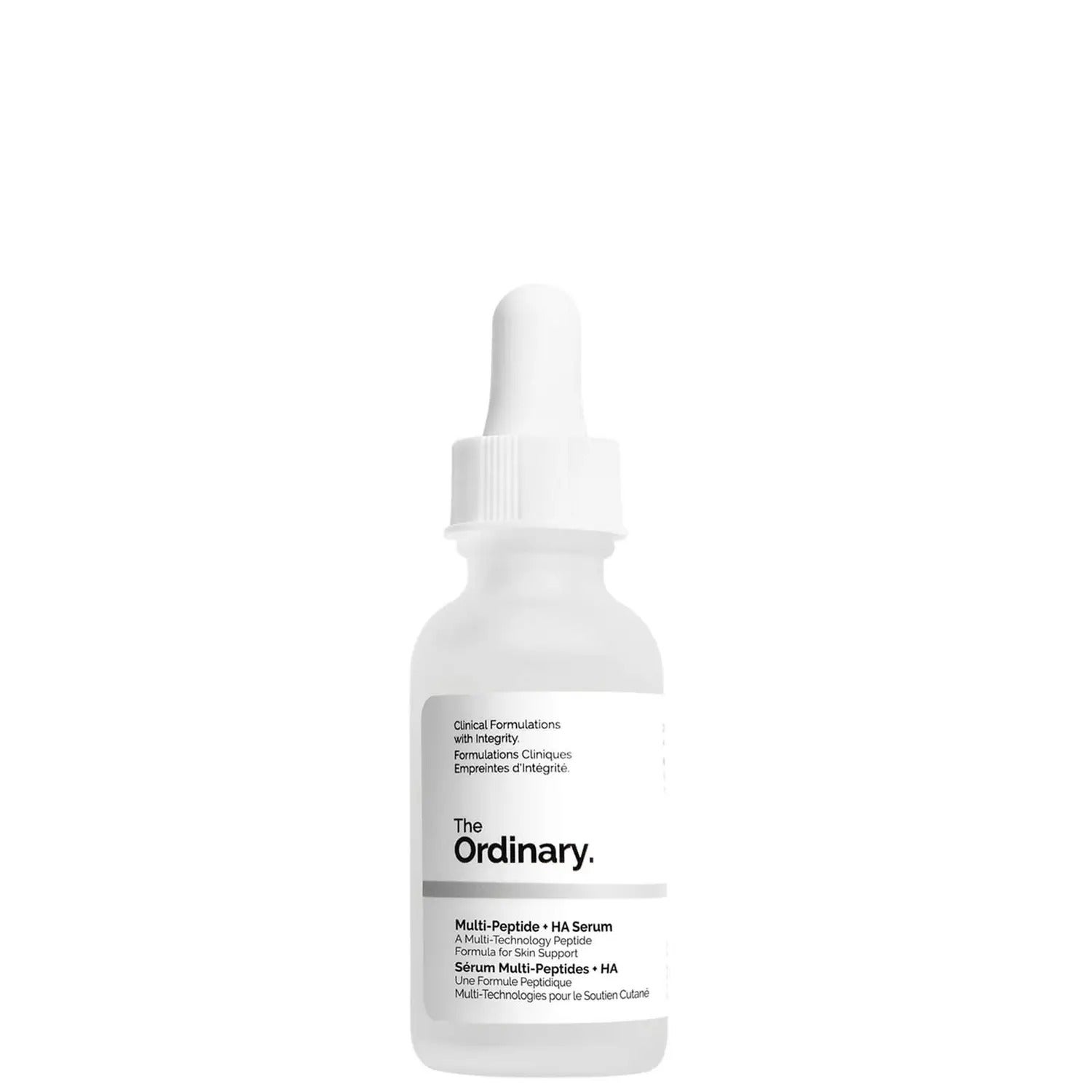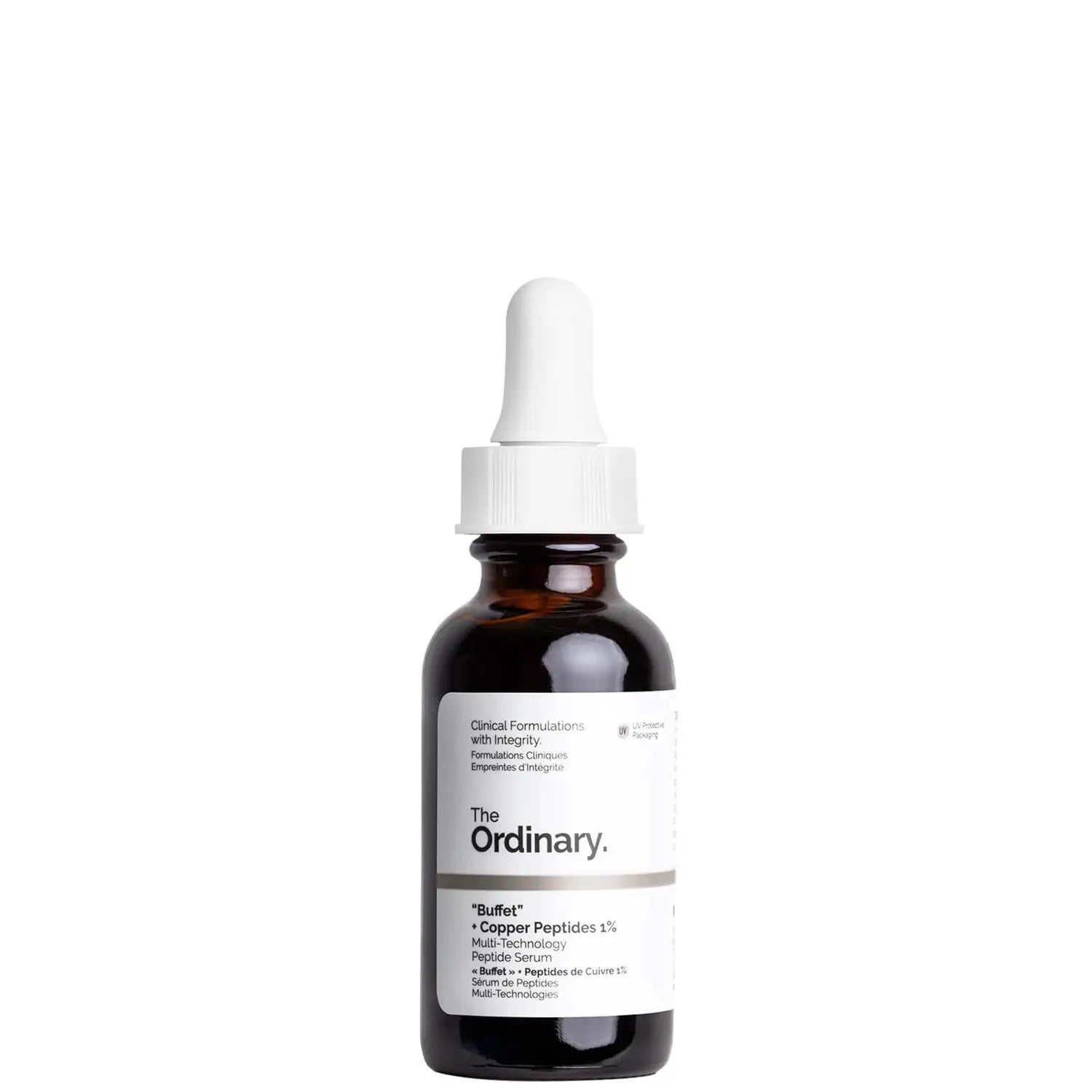Here’s Why Everyone’s Talking About Peptides In Skincare
photographed by Kate Anglestein.
Peptides are kind of like PPI claims — people talk about them and they’re floating around out there, but I don’t think many of us really understand them or what they really offer. They have, as Freud would say, "the serious stamp of science", yet a lot of the information offered by beauty brands about their chosen peptides is wishy-washy: describing them as 'skin-tightening' or 'boosting' without any real explanation.
Here’s a primer on peptides: collagen, as I’m sure you’ll know, is a protein. Proteins are made up of amino acids, arranged like a chain. When collagen breaks down, shorter sections of amino acids are formed. These little proteins and molecules are called peptides, and they have the power to almost boss your cells around and make them produce more collagen, for example.
AdvertisementADVERTISEMENT
That’s not all. On behalf of the Harley Medical Group, consultant dermatologist Dr Justine Hextall told me that peptides can have a lot of different applications. "They can have this collagen-boosting effect, but then there are other kinds of peptides that can help with overall skin regeneration. For example, pigmentation on sun-damaged skin might appear lesser, skin elasticity might improve, and the skin can look smoother and firmer," she explained.
"Some peptides are even used in wound healing because of this regenerating power," she added. "Copper tripeptide is a good example of this. It’s used to heal wounds or calm inflammation, but it also promotes collagen and elastin synthesis, and has anti-inflammatory and antioxidant benefits. That’s why you see it in so many different kinds of products."
Want more? There are also peptides that improve hydration. "Keratin-based peptides can repair the skin and hair by helping with moisture and elasticity levels," explained Dr Hextall. The upshot? Yes, you could totally use peptides if you have any of the above concerns, and unlike a lot of so-called magic ingredients, there’s a lot of data to back them up. The most famous is probably Matrixyl, which was invented by peptide OG Dr Karl Lintner. A 2013 study found that it can double the levels of collagen in the skin, which is not to be sniffed at. You can find offerings with Matrixyl at a range of price points: I like Paula’s Choice Peptide Booster, £51, but The Ordinary has one too.
AdvertisementADVERTISEMENT
That’s not all peptides can do, of course. Integrative Beauty uses a peptide in its Good Morning! Super Serum, £95, which is antibacterial, making it really good for oily, spot-prone skin types, as well as any slightly more fungal-type conditions (sorry, had to be said). I’ve written extensively about my love for NIOD CAIS, £70, but it is that good — copper peptides are also antibacterial and wonderfully rejuvenating on the skin. Then there's No7's new Future Renew skincare range, which has been dubbed "Botox in a bottle". Each product, from the No7 Future Renew Serum, £42.95, to the No7 Future Renew Night Cream, £34.95, champions 'pepticology', essentially a team of two peptides that occur naturally in the skin and boost collagen.
Think of peptides as a veritable skincare lucky dip. Whatever the concern, most likely, there’s a peptide for that. You can choose something plumping, brightening, hydrating – or all three, if you fancy. Personally, I like a booster serum best, because trying to find one product that does everything your skin might want and has your desired peptide cocktail might be a tall order, but if you prefer to keep your routine more streamlined, go for one of those multitaskers.
At Refinery29, we’re here to help you navigate this overwhelming world of stuff. All of our market picks are independently selected and curated by the editorial team. If you buy something we link to on our site, Refinery29 may earn commission.
AdvertisementADVERTISEMENT







